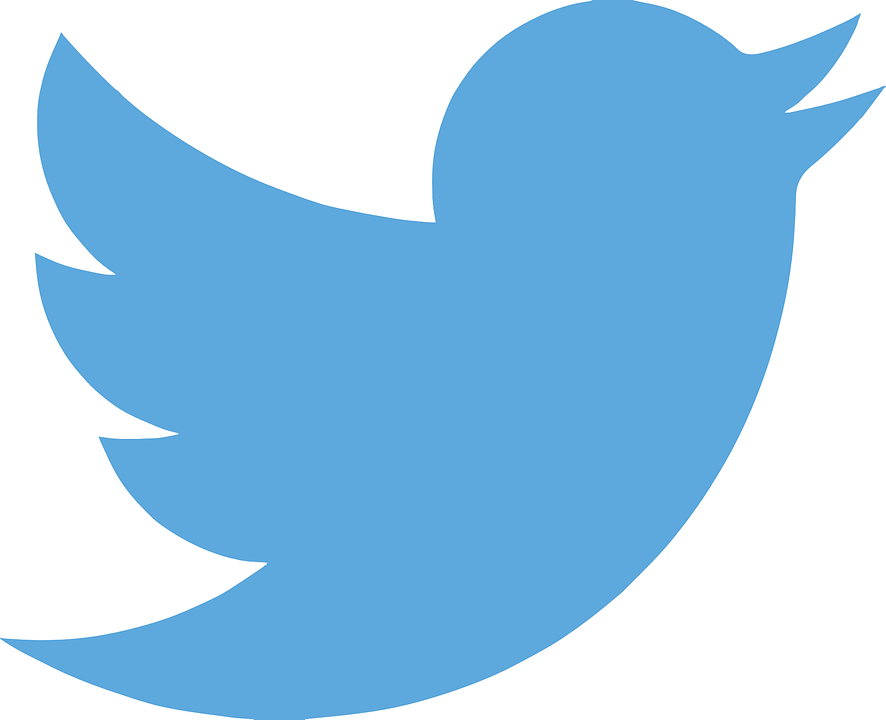A professor in NYU’s Social Media and Political Participation Laboratory said Twitter’s recent announcement that it would ban political advertisements may reduce misinformation, but will be hard to enforce.
Twitter co-founder and CEO Jack Dorsey announced last week that the popular social media platform would ban all political ads beginning Nov. 22, shortly after his counterpart at Facebook — Mark Zuckerberg — asserted that political ads would continue to be allowed on his site.
Twitter’s announcement comes shortly after fellow social media giant Facebook issued its own statement in the opposite direction. Zuckerberg spoke at Georgetown University earlier this month, asserting that political ads will run freely on the site. He cited free speech and U.S. values of open political discourse, while Dorsey voiced concerns about the spread of misinformation.
NYU Professor of Politics and Co-Director of SMaPP Joshua Tucker said banning political ads could have the unintended effect of impeding new challengers’ ability to win elections against incumbent representatives, as ads are a way for newcomers to improve name recognition. He also said that enforcing the ban may be difficult, referencing Facebook and Google’s failure to do so in Washington State when after a lawsuit accused them of not obeying the state’s rules on political ad transparency.
“I can understand why platforms are doing it,” Tucker said. “But it’s unclear to see whether benefit would be a net positive or net negative.”
Social media’s influence on elections has been under the microscope since the 2016 U.S. presidential election. Namely, Russia’s interference with the election using political social media posts that spread disinformation leading to fear that the ads compromised election security.
“You can imagine this as a positive development if you think that A, ads tend to have a lot of falsehoods in them and can be contributing to spreading disinformation,” Tucker said. “And B, social media ads are too hard to police in real time.”
Executive Director for NYU’s Center for Social Media and Politics Zeve Sanderson said the relative newness of social media’s role in politics leaves little data available on how people in the real world react to paid advertising and how it affects what they know or think — or how they vote.
“We have to look at what effect does it have on political behavior, whether it’s political knowledge or beliefs,” Sanderson said.
Although Sanderson and Tucker were unable to come out for or against the ban, Steinhardt senior Kevin Jiang thinks it’s a good thing.
“Twitter distinguishing between paid advertising and free speech is very important,” Jiang said.
Jiang said Twitter’s restrictions are a good start to facing the new issues social media brings to elections. Although Facebook currently stands behind its decision to let all ads run, Jiang thinks that the social media platform could announce a similar change soon.
CAS sophomore Alan Sun, who is a politics major, agreed with Jiang that the ban is good, but questioned Twitter’s reasons for it.
“It’s generally a good thing,” Sun said in a Facebook message to WSN. “But Twitter is is only doing this as a PR tactic to make themselves look compared to Facebook. Their sole interest is profits (as is their right), so we should not trust that they will stay with this model.”
Email Julia Santiago at [email protected].























































































































































